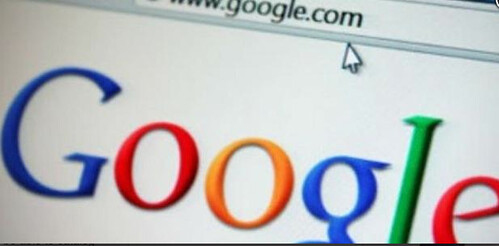
What does the potential new Google Mine project mean to the internet? Here’s a breakdown on how it could change the world.
On June 24, 2013, news leaked out that Google+ is potentially planning to enable their own users to share goods and products with each other so that they don’t have to buy them from name brands at retailers. This action, if taken, will reduce the revenue to brands and corporations that are locked in old business models of selling. The good news is that there is a solution for those corporations. It’s called the Collaborative Economy. It means that their own business model must change to enable sharing of products and goods, and eventually to allow customers to participate in core business functions.
I’ve been tracking this trend for several months, including following a list of over 200 startups that enable a Collaborative Economy, but if Google itself becomes a participant, it will have some radical ecosystem impacts.
First of all, we don’t know if Google will take this step in the near future or not. Google has a number of side projects that always stay behind the scenes, and those that do seem to remain in a perpetual beta mode. Google also compiled a track record of many products that don’t work (which they sunset after a few years), so there’s no guarantee this idea will work for them. Google’s social-product track record is littered with failed attempts like Sidewiki, Dodgeball, Wave, and many others. But let’s imagine that it does launch. What impact would it have on the marketplace?
Scenario: Let’s imagine that I want to go on a family bike ride, but I don’t own any bikes.
The Google feature set requires users to map out and take inventory of the products that they might want to share and, also, to request products they may want to borrow from their friends. This requires two steps. First, there must be a thriving ‘marketplace’ of owners and borrowers. Second, users must upload their data and explicitly say that they request something. This means one of my neighbors would have to upload to Google that they have bikes to borrow, and I would have to explicitly indicate I want to borrow the bikes.
If this came to fruition, Google can tap into a greater resource of their search engine and make these free products available in their search engine results page. So when I’m using Google Search for new products, Google could, instead, indicate that a set of family bikes are available down the street, reducing or completely eliminating my need to buy them. Instead Google’s software would match up the person who’s offering it with the person who wants to borrow it. Expect several reputation systems to be working, from a social graph perspective (“Do I know them?” or “Do we have friends in common?”). And, I would expect that they would be able to see my Google Mine reputation score.
I borrow the bikes (a normal behavior, by the way in Europe, New York, and other progressive cities) from my neighbors and I’m off on a joyful ride!
Don’t expect savvy corporations to stand by idly. For corporations, it means they must tap into the trend and enable their products to be shared, potentially yielding new offers to rent bikes, or even to provide advertising on bikes in their neighborhood. There’s even a possibility to encourage customers to try a certain brand of bike, with the opportunity to up-sell new bikes later, or even to provide a subscription service to access bikes on demand.
The broader ecosystems of the sharing startups are already being disrupted. For example, Yerdle, with whom I met last week, is a startup that encourages neighbors to use Facebook Connect to find friends that have products and goods that they want to gift to each other, thereby reducing the need to buy. This project, founded by Wal-Mart’s former Chief Sustainability Officer, shows promise if it gets traction. Furthermore, if Google launches a sharing service, expect that Facebook will follow, as we found that most of the sharing websites are already using Facebook Connect.
In summary, this disruption (where customers can share, rather than buy) is imminent and is virtually unstoppable. We have already published information as to how corporations can avoid disruption by joining the Collaborative Economy in this research report, along with collateral slides and a video. I’m dedicating a great deal of my mind share to helping the corporate world prepare for this looming change, and I need your help to spread the news.
Google brings so much changes in education. At now most of the education sector they are working with successfully. Their sharing system changed the them of sharing. As a result other old system didn’t be used. ..